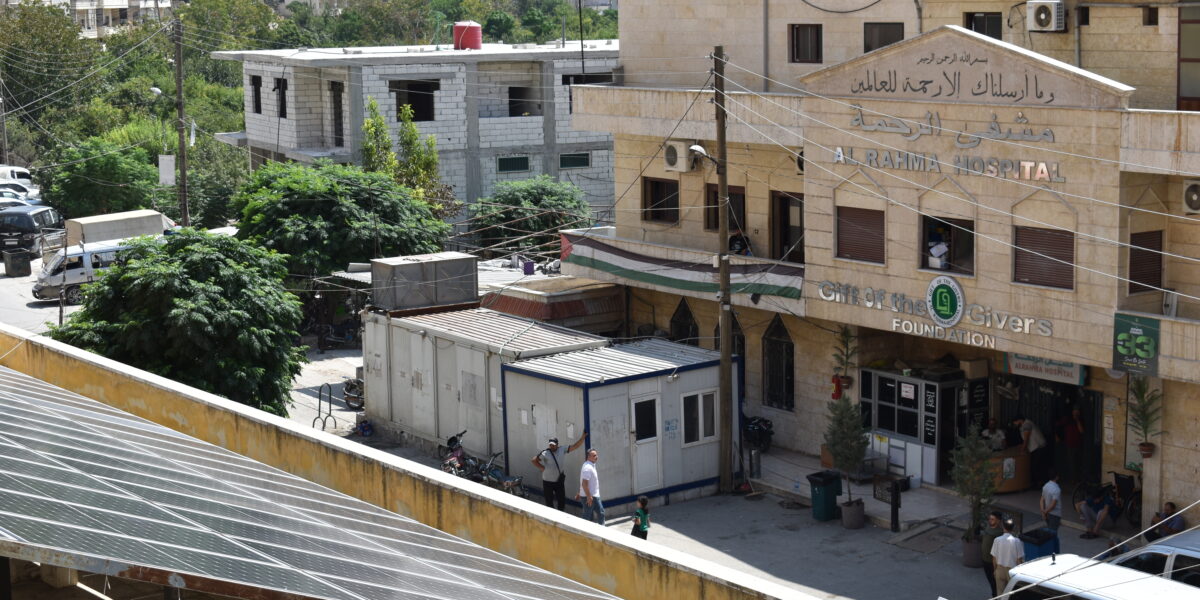In the face of ongoing challenges in Syria, Acted and its partners are helping communities recover and thrive. Through multi-sectoral support spanning water, healthcare, and livelihoods, the project empowers vulnerable men, women, boys, and girls to overcome daily hardships, strengthen local economies, and build long-term resilience. Since its inception, the initiative has reached over 419,000 beneficiaries, fostering sustainable solutions and a brighter future for communities across Northeast, Northwest, and Central/South Syria.
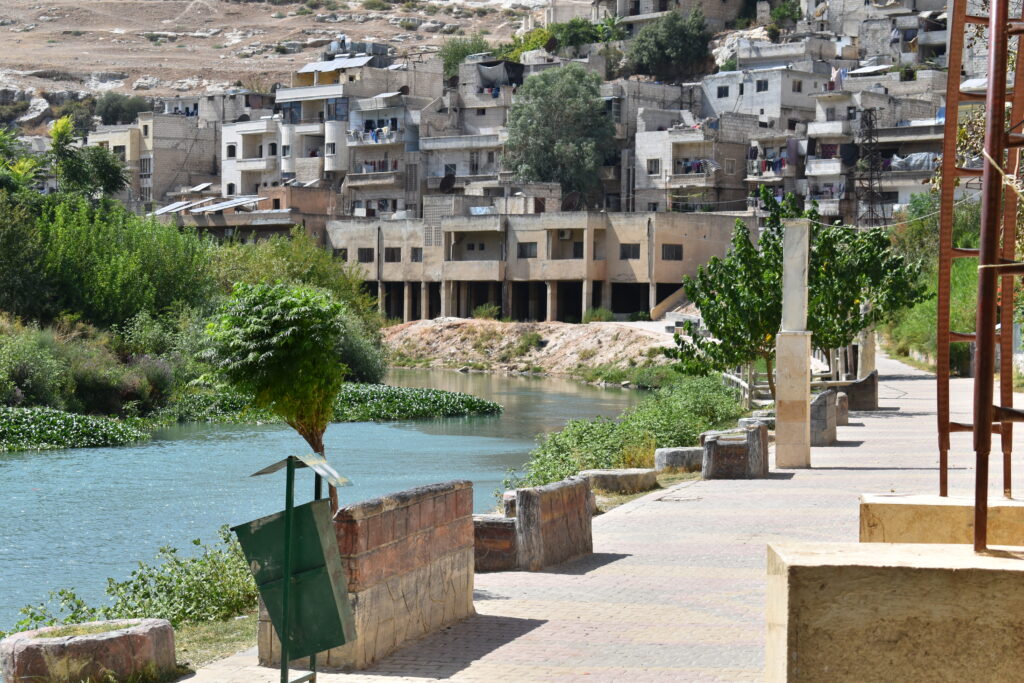
Empowering Communities Through Multi-Sectoral Support
Acted, in partnership with local organisations, has delivered a multi-year initiative designed to support recovery and resilience in Syria. The project assists vulnerable populations by helping them meet essential needs and better withstand shocks at both household and community levels. The intervention focuses on participatory decision-making, enabling residents to shape their recovery plans, while also improving access to essential services such as water, sanitation, and healthcare. Economic revitalisation is a key component, supporting livelihoods and stimulating local markets.
Through participatory area-based research, training and mentoring of local organisations, and strengthened coordination mechanisms, Acted fosters sustainable solutions that build long-term resilience. Across Northeast, Northwest, and Central/South Syria, over 419,000 people, including more than 209,000 women, have benefited from these interventions.
Tackling Water Scarcity: Groundwater Tank Construction
In Darkosh, the lack of safe and sufficient water was identified as a pressing concern during community planning workshops. In response, Acted constructed a new groundwater tank to expand coverage to underserved neighbourhoods. This intervention has ensured that households and agricultural activities now have sufficient water, while promoting equitable access and helping to reduce tensions between host communities and internally displaced persons.
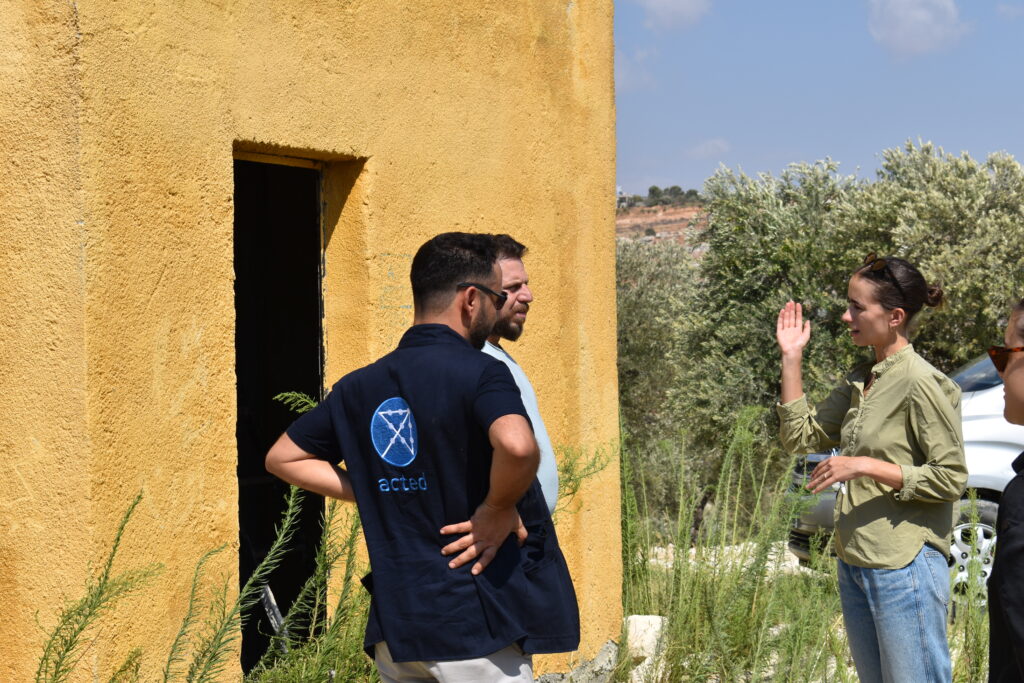
Boosting Local Economies: Support for Micro Agri-Businesses
Micro agri-business owners in Darkosh received grants to invest in climate-smart agricultural tools, along with training in business management and sustainable farming practices. These measures have strengthened the resilience of local businesses, improved irrigation systems to reduce water usage and operational costs, and increased crop yields. The promotion of organic composting has enhanced soil and crop quality, while closer collaboration between farmers has fostered stronger social cohesion within the community.
Transforming Healthcare: Rehabilitation of Al Rahma Hospital
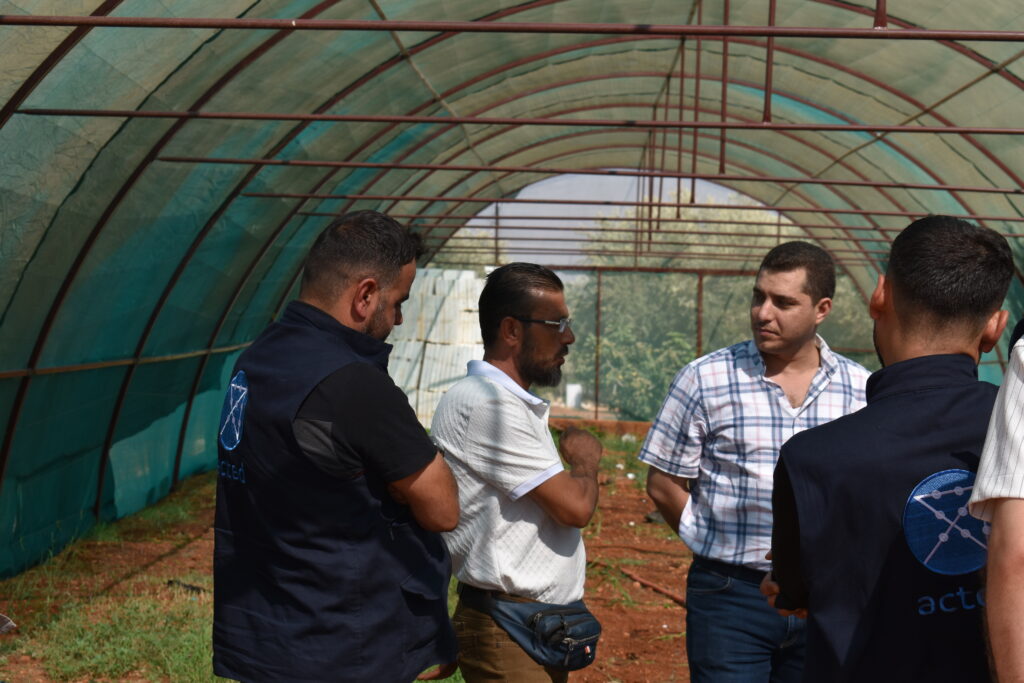
Community workshops highlighted the need for improved healthcare infrastructure. Acted responded with a comprehensive renovation of Al Rahma Hospital. The intervention included the installation of 216 solar panels and a medical incinerator, the provision of water and fuel tanks, an energy generator, and essential safety equipment. Renovations conducted through a cash-for-work scheme included the construction of sanitary facilities, paving, tiling, painting, and restoration of the hospital courtyard. These efforts have enhanced access to holistic healthcare, particularly for marginalised groups, introduced a reliable and sustainable energy source, reduced operational costs, and improved medical waste management.
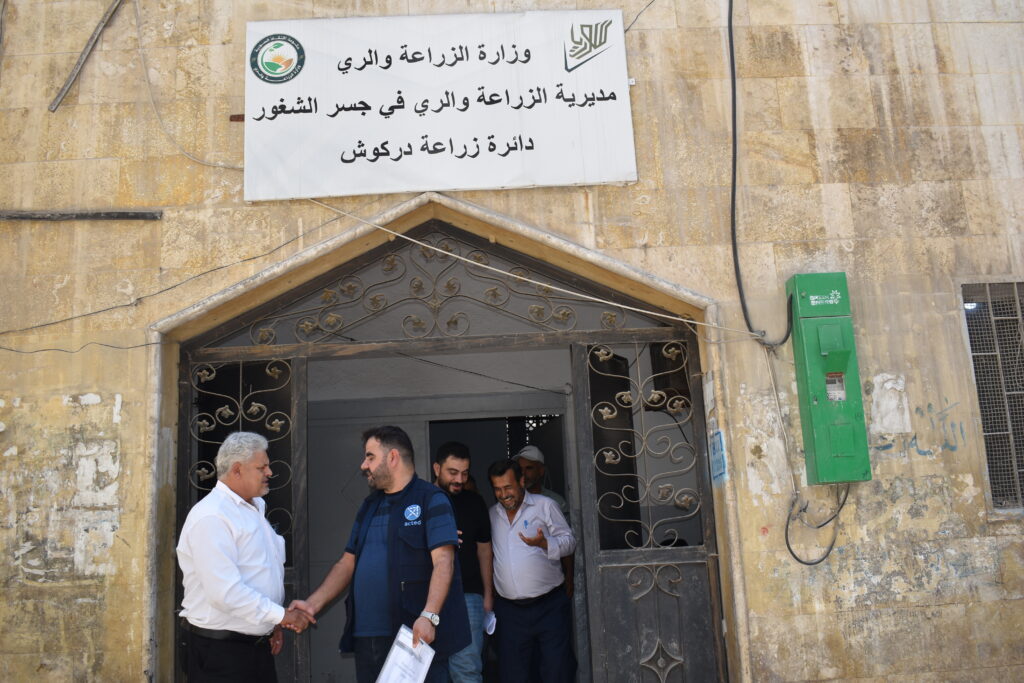
Growing Opportunities: Agricultural Nursery and Business Support
Local agri-businesses also received grants and technical training to establish and expand greenhouse production. These efforts have boosted seedling production, increased crop diversity, and created permanent and temporary jobs, further strengthening the resilience and sustainability of agricultural livelihoods in the area.
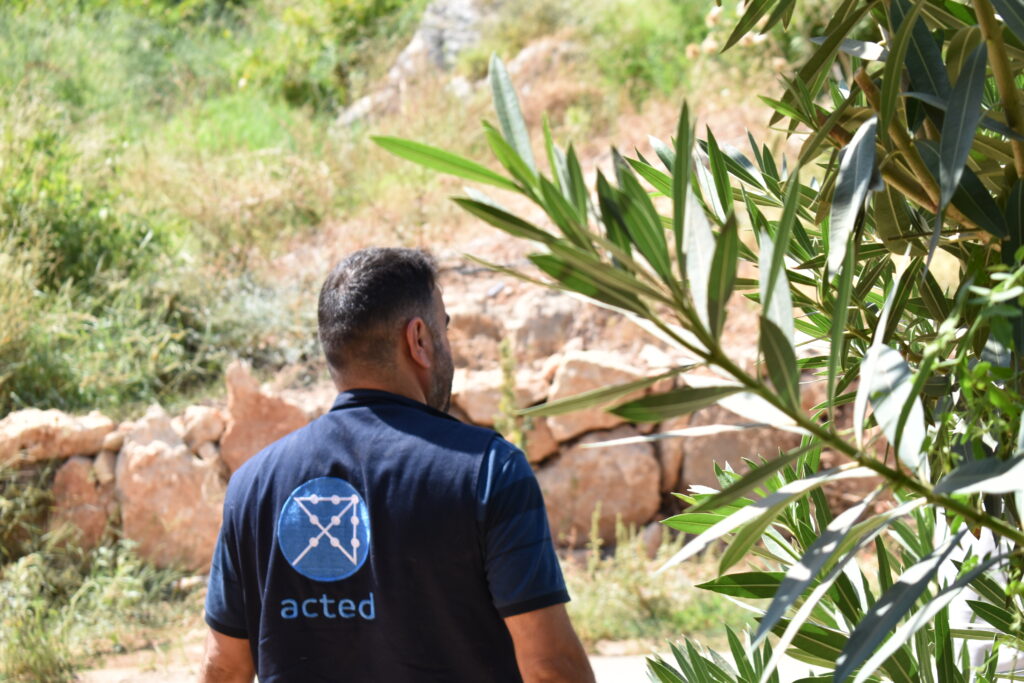
Through its multi-sectoral support, Acted has helped communities in Syria recover, adapt, and thrive. By strengthening access to essential services, boosting local economies, and empowering residents to shape their own futures, the project has laid the foundations for sustainable resilience. These interventions are not just about meeting immediate needs; they are about building stronger, more self-reliant communities for the years to come.

